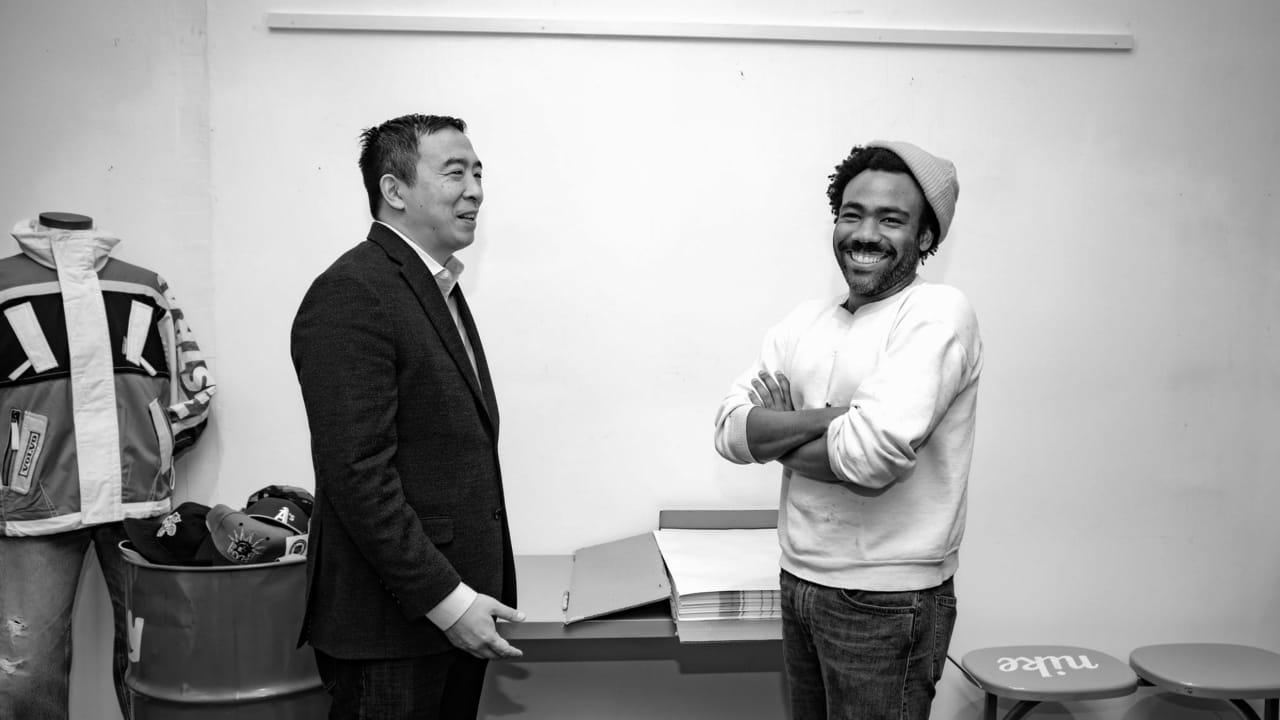
None of this year’s candidates this year are running these kinds of identity-based campaigns. Similarly, many primaries looked more like censuses with African American, Latinos, white Catholics, Jews voting as a bloc for candidates who in many cases shared their heritage.įor much of this time, it was expected that candidates for mayor would visit the “three I’s” of Israel, Italy and Ireland, during election years or risk losing one of the major ethnic groups in New York. In most recent mayoral elections, candidates have sought to consolidate their ethnic base and build out a coalition grounded in identity-based appeals to Jews, Italian Americans, Irish Americans, Latinos, African Americans, LGBTQ voters and others. NYC mayoral candidates aimed to dent Andrew Yang's lead In essence, the city appears to be moving away from the ethnic tribalism that has defined the city for decades.

The fact that Yang’s statement, on an issue with little bearing on the future of New York City, generated so much controversy, and the breadth of views candidates have on the conflict, is part of a broader development in New York City politics. Two other candidates, Eric Adams, one of Yang’s closest rivals, and Ray McGuire, who is on the fringe of the race, offered strong pro-Israel statements similar to Yang’s. Morales has expressed a degree of support for the Palestinian people, and condemnation of Israeli actions, that would have been unimaginable from a major mayoral candidate even a decade ago.Īt the same time, other candidates in the race, such as Kathryn Garcia, who recently received the endorsements of The New York Times and the Daily News, and Scott Stringer, the only Jewish major candidate for mayor, offered support for Israel tempered by nuance and expressions of sympathy for the Palestinians. Yang’s tweet was immediately attacked by Dianne Morales, one of his Democratic opponents, as well as by many other New York City progressives, including Rep. Lincoln Mitchell Courtesy Lincoln Mitchell


 0 kommentar(er)
0 kommentar(er)
